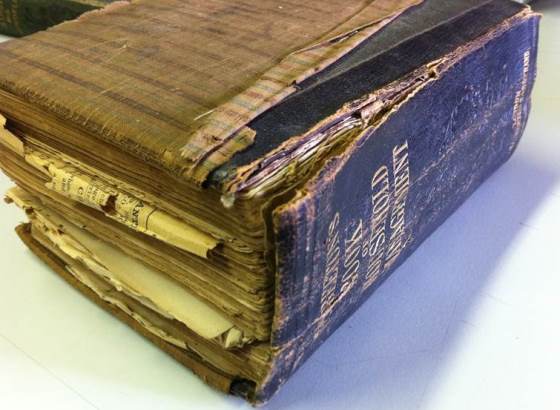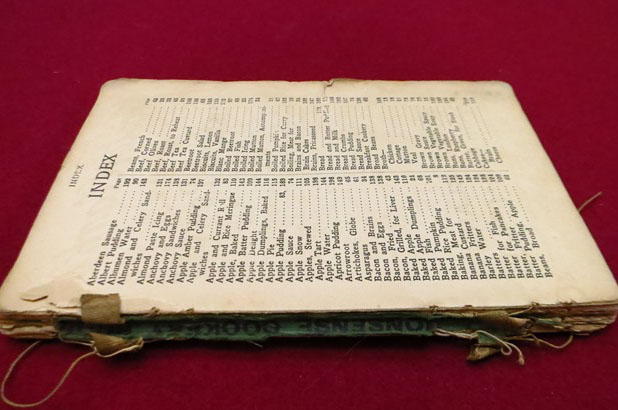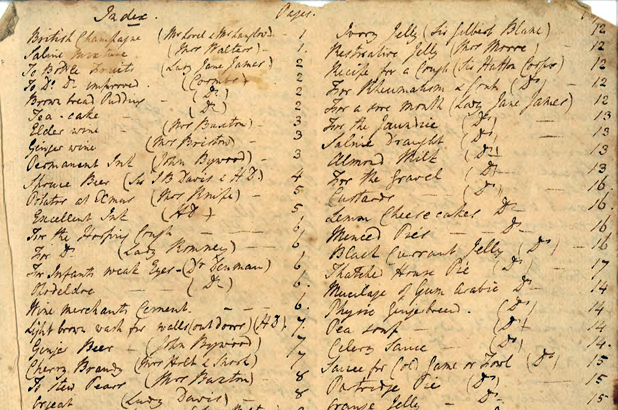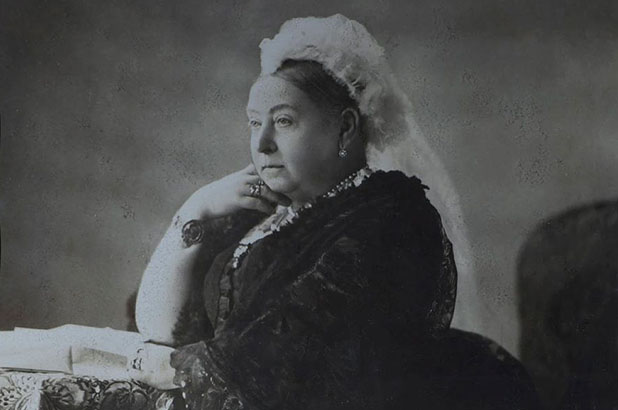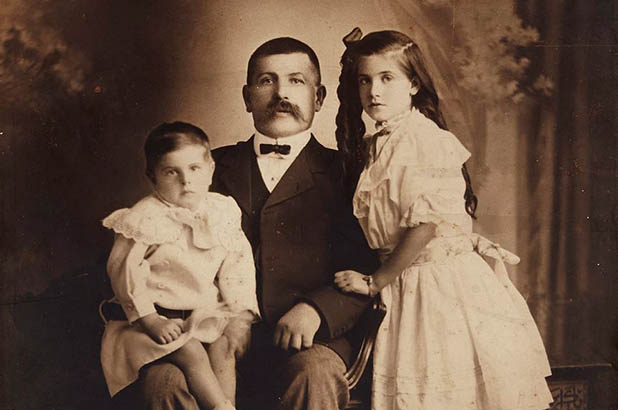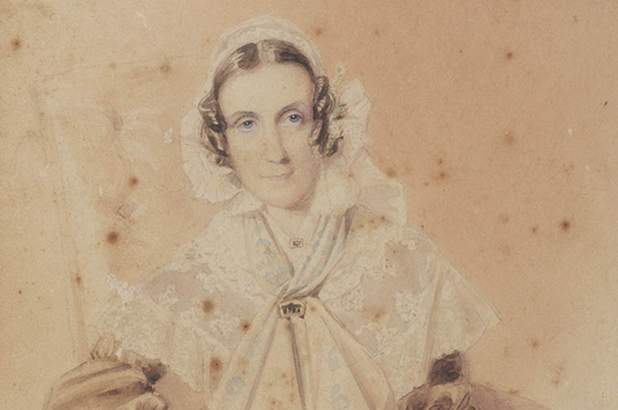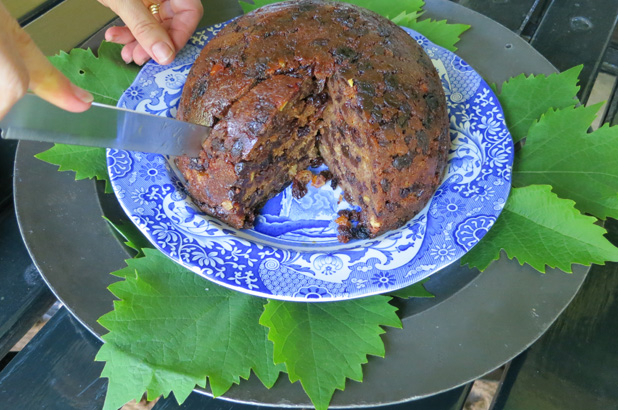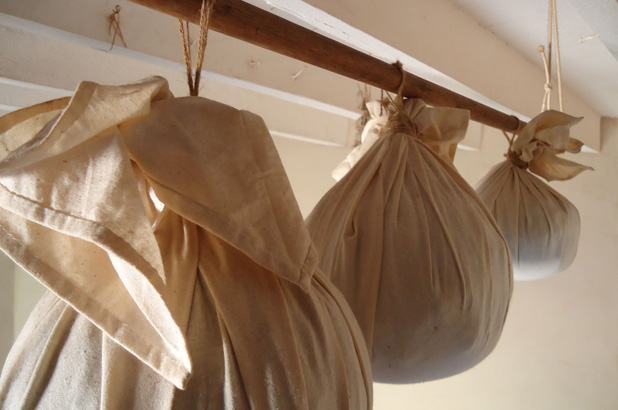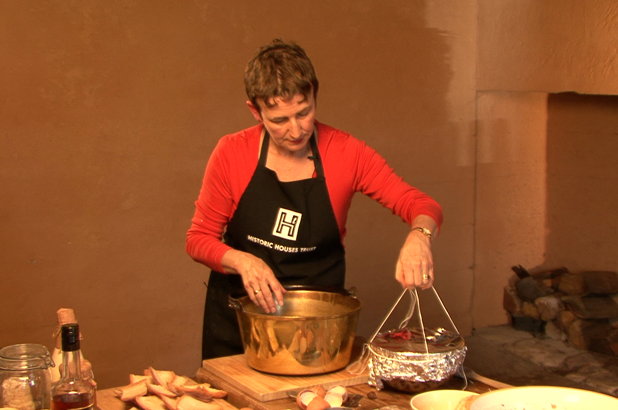Through most of the nineteenth century, Rouse Hill House was the social hub of the district and the Rouse family regularly played host to formal society dinners, long luncheons and sociable tea parties, plus major family events to celebrate birthdays, weddings and Christmas. Continue reading
A treasure trove of cookery books
1863 edition of Beeton's book of household management. Rouse HIll House & Farm collection R89/79. Photo Jacqui Newling © Sydney Living Museums
